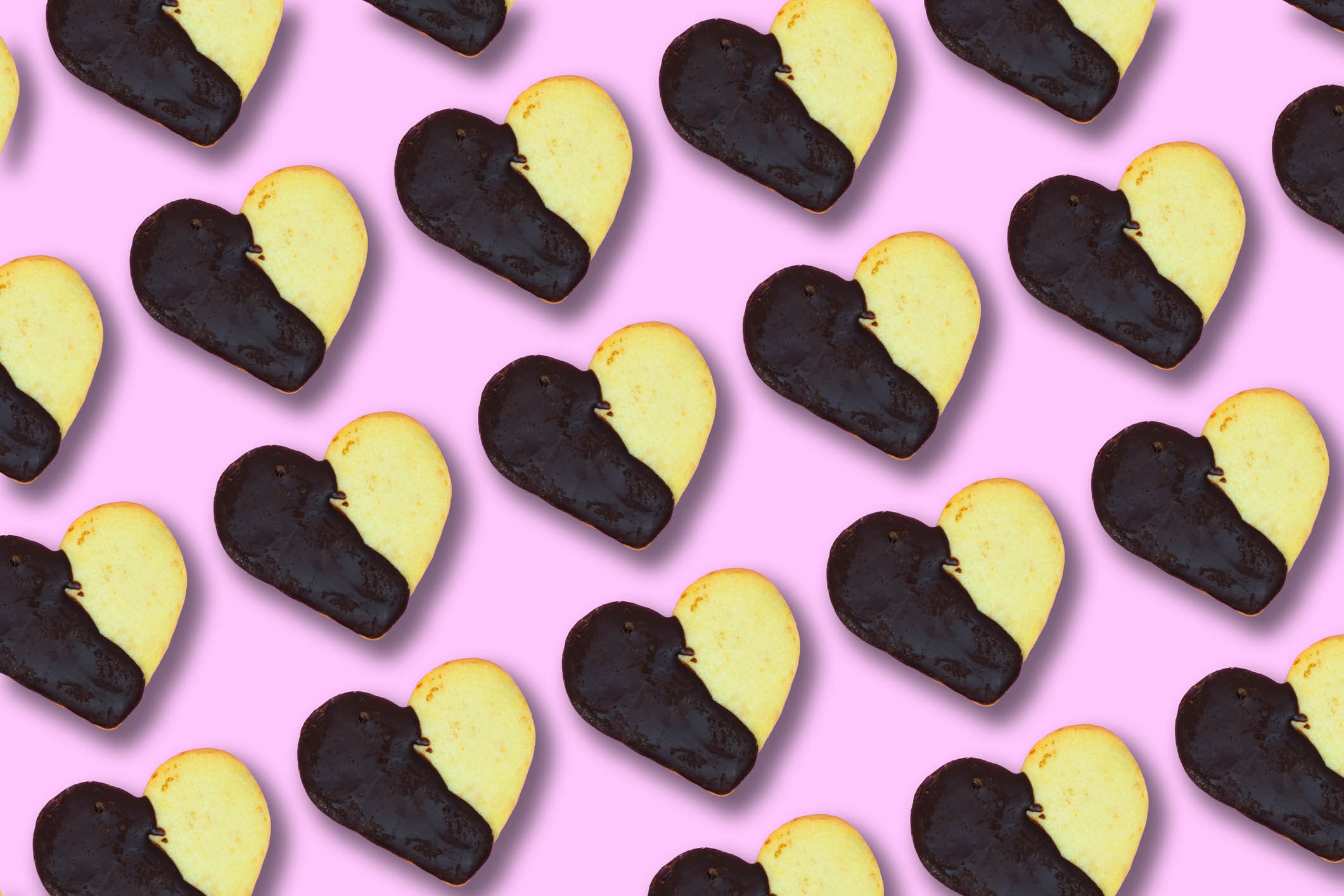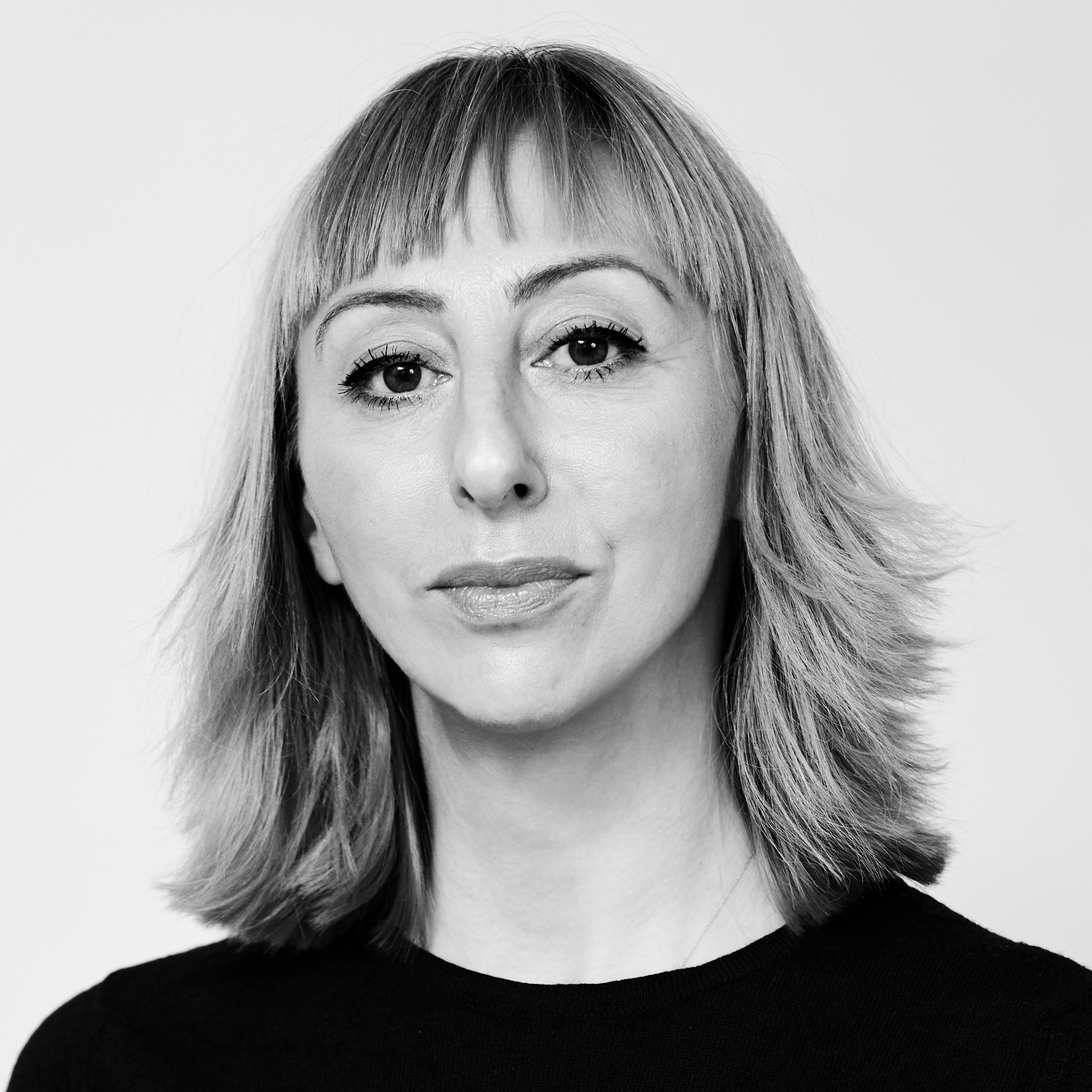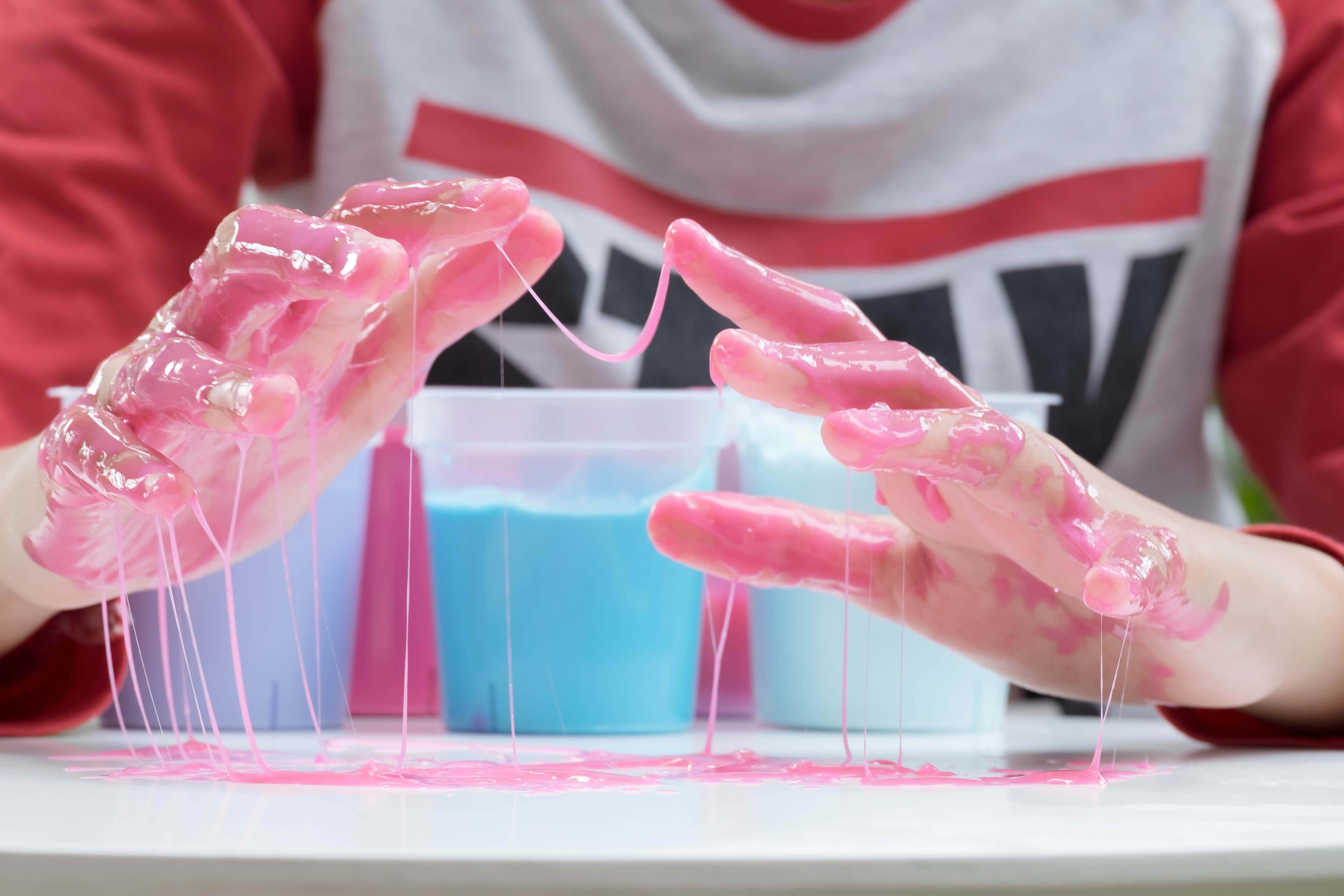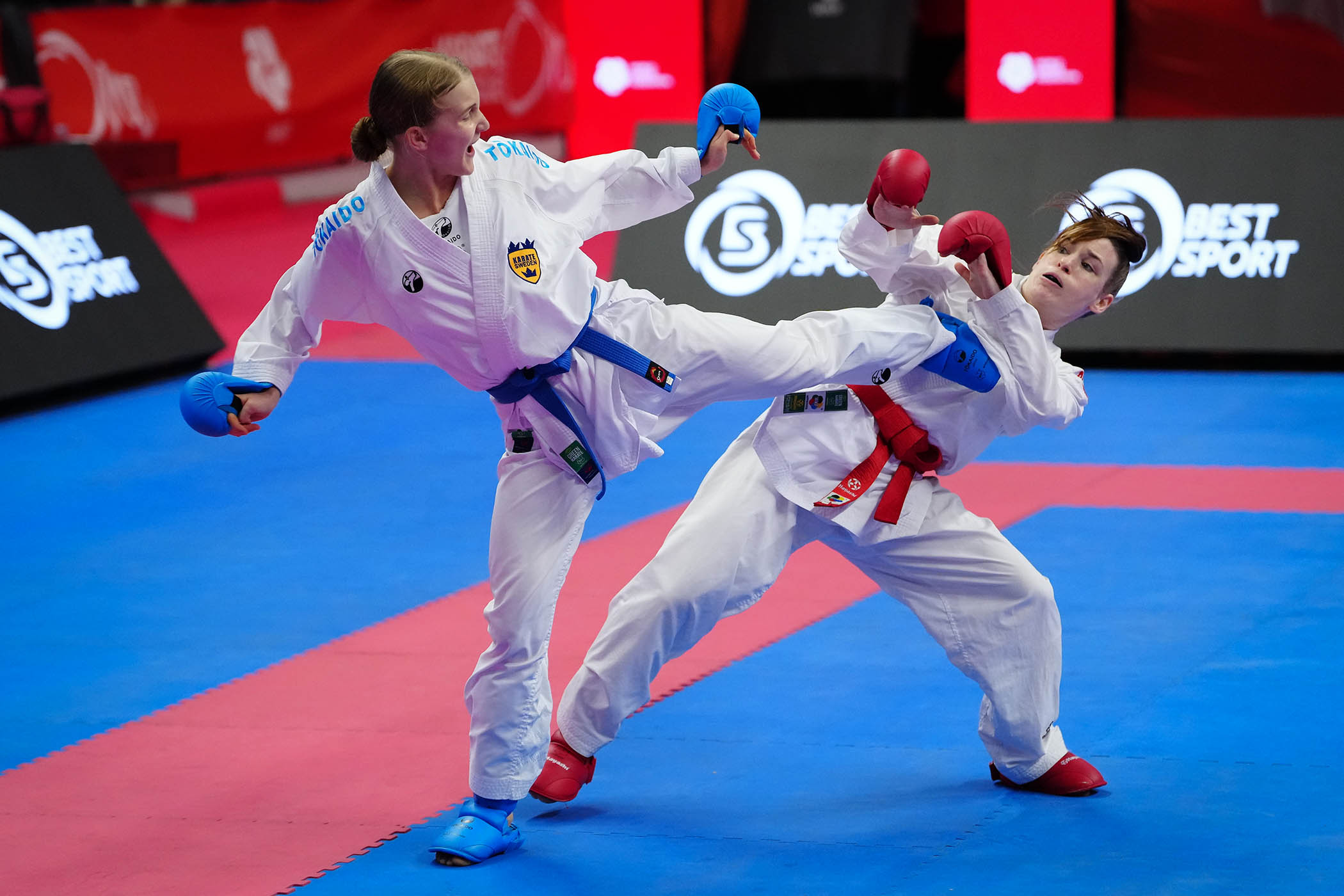I sit now surrounded by eyeballs. Individually wrapped, these are the very dregs of the trick-or-treating haul, the bin juice of the candy basket as proven by the fact they remain uneaten two weeks after Halloween. We were staying at a cousin’s house in the countryside, where the treats from neighbouring cottages were bountiful, whole sharing packs of vegan Candy Kittens, homemade cupcakes. And then, also, these.
The foil wrapping, printed with a hungover eye, bloodshot and crinkled, must be removed with a thumb nail to find the taupe pellet of pale chocolate within. The taste – it’s not good. What is the taste? The taste is a cottonwool ball rolled through stale cocoa. But less nice – the journey the ball took to reach the cocoa powder was filled, perhaps, with peril, with moments of fear and adrenaline that caused its meat to take on, eventually, a gamey flavour. The ball’s stress remains for some time at the back of the tongue. The taste is dusty, levigated, mean – the taste is that of an eyeball, dried, wrapped, an eye that’s seen too much. I’m still eating them, obviously. But my kids were correct when they said by rights these things should not be called “treats”.
They should not be called treats, but neither, really, can they be called chocolate. As of October, McVitie’s Club and Penguin bars are no longer classified as chocolate biscuits as they contain more palm oil and shea oil than cocoa. Milk chocolate sold in the UK must contain a minimum 20% cocoa solids (lower than the EU’s sensible 25% cut-off, but higher than the US’s homeopathic 10%). They are now “chocolate-flavoured” biscuits. Similarly, KitKat White and McVitie’s white digestives can no longer be marketed as “white chocolate” as they contain less than the minimum 20% cocoa butter required. Instead of “white chocolate”, their packs now simply say, breezily, “white”. The remaining percentage is usually made up of emulsifiers, flavourings and other fillers that sometimes taste like, yes, imperilled dust.
But as I bravely work my way through the beady swamp of Halloween leftovers (it has to be done before school gets out for reasons of maternal hypocrisy), I appreciate the chocolate industry’s honesty in renaming their weaker products. And (drunk now, on a combination of sugar and the psychedelic depths of my own cultural intelligence and with the new Lily Allen album playing in the kitchen) it occurs to me that it might be time for the official regulatory body for relationships to pick up the baton thrown down by their colleagues in biscuits, and intervene in a similar way.
It might be time for the official regulatory body for relationships to pick up the baton thrown down by their colleagues in biscuits
It might be time for the official regulatory body for relationships to pick up the baton thrown down by their colleagues in biscuits
As I’m sure you know by now, Allen’s album charts the operatic unravelling of an open marriage, one with rules that end up being broken. “We had an arrangement / Be discreet and don’t be blatant,” she sings. “There had to be payment / It had to be with strangers,” before introducing the husband’s mistress Madeline, in a flurry of texts that Madeline signs off, chillingly, with, “Love and light.” The realisation about ethical non-monogamy a listener comes to by the end of the album is: just by labelling something ethical does not make it so. A chair is not a hat, even if you call it one. Soup is not legs. A Club bar is not chocolate.
As an increasing number of people enter into open relationships that flip and fold in the wind, it is perhaps necessary for us to call it ethical-flavoured non-monogamy. Because surely there must be at least, what, 80% transparency, 50% communication and 99.9% enthusiastic consent for it to be truly ethical, and this should be printed quite clearly on the packet, before you open the thing and take a bite.
The labelling of relationships was recently investigated in a Vogue article by Chanté Joseph that went viral. It was headlined: “Is Having a Boyfriend Embarrassing Now?” Whereas previously (she writes), “Women were rewarded for their ability to find and keep a man, with elevated social status and praise,” now they’re obscuring their boyfriends in social media posts because, “In an era of widespread heterofatalism, women don’t want to be seen as being all about their man.” The ensuing discourse was largely in agreement: having a boyfriend is embarrassing now. Part of this is about finding ourselves at a point in culture where acknowledging a need for connection is cringe (oops), but the other part is political – a genuine mass awakening to the continuing problems with the patriarchy, heterosexual institutions and the disrespectful mating behaviour of men! Women don’t want to be labelled “girlfriend” when the title fails to take in their sexual ambivalence, evolving politics and vast ambitions beyond traditional love.
The eyeballs, sadly, are taking their toll. There are small flecks of light in the outer edges of my vision. My organs feel vaguely swampy, not helped I imagine, by the two Penguin bars I ate earlier for research. A joke printed on one of their wrappers has unfortunately got caught in my upper gastrointestinal tract - Why do penguins stay in pairs? Freezer crowd. Another (Why can’t penguins fly? Because they are chocolate biscuits) is, as of last month, potentially libellous. The children will be home soon, though, so I must plough on through the remaining alleged treats. There is an argument that naming something makes it real, but as McVitie’s has taught us – there are limits.
And another thing… True crime, artful ideas, and a teeny tiny magazine
Hear the evidence In The Dark, a podcast by investigative journalist Madeleine Baran, is properly remarkable. The first season focused on the abduction of a boy called Jacob Wetterling, and the second explored the case of Curtis Flowers, who was tried six times for the same crime. An episode where we returned to Curtis, free now, made me bawl in the park. The latest season has just begun, exploring the infamous case of Jeremy Bamber, who was convicted in the 1980s for the killing of his family. Strap in.
Get creative Katy Hessel’s Great Women Artists podcast, where she talks to legendary artists like Rose Wylie and Barbara Kruger, is a treasure trove of inspiration and unusual delight. I dip in at random and plan to use her new book, How to Live an Artful Life, in a similar way. It’s a diary of sorts, each month based on a theme and each page containing a quotation from say, Marina Abramović or Nan Goldin, then a provocation or exercise from Hessel, inviting us to participate.
It’s a small world Two of my greatest passions, The World of Interiors and “little tiny things”, have brilliantly come together this month, in a limited edition, pocket-sized version of the magazine. Measuring just 134mm x 104mm, and stretching across 336 pages, “It is a celebration of the medium of print publishing”.
Photograph by Getty Images
Newsletters
Choose the newsletters you want to receive
View more
For information about how The Observer protects your data, read our Privacy Policy



